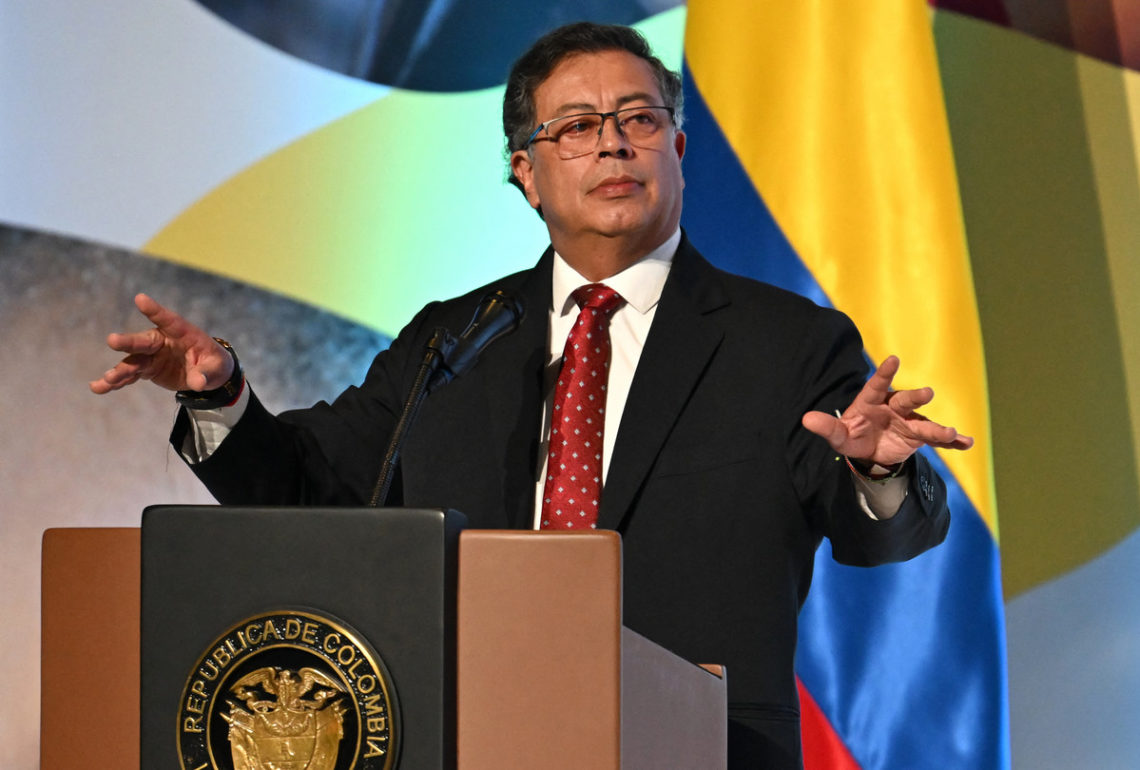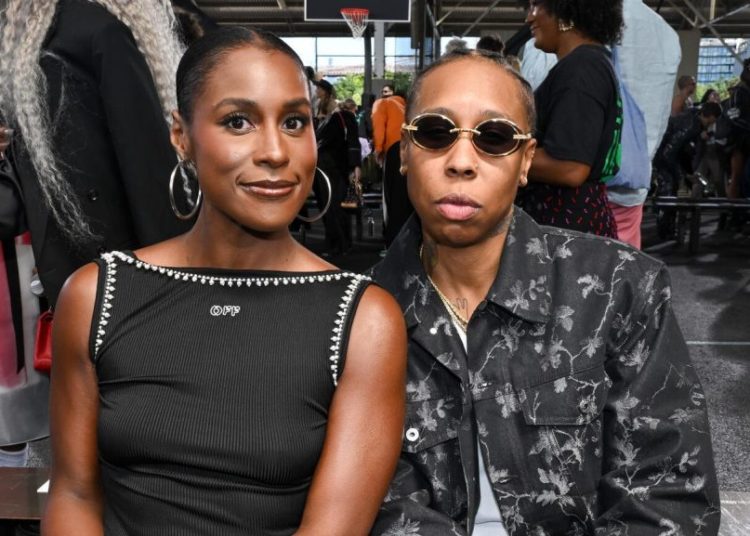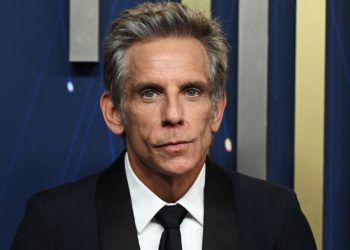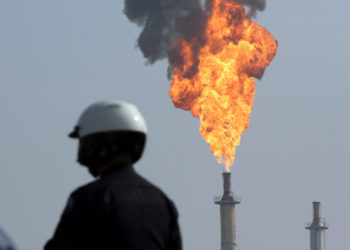The United States on Friday sanctioned Colombian President Gustavo Petro, the latest escalation of tensions between Washington and Bogotá over drug trafficking and other issues of bilateral importance.
In a press release, Treasury Secretary Scott Bessent said the left-wing leader “has allowed drug cartels to flourish and refused to stop this activity.” The sanctions target Petro and his associates — chiefly his wife, son and several leading Colombian officials.
Bessent added that the Trump administration’s actions are intended to “protect our nation and make clear that we will not tolerate the trafficking of drugs into our nation.”
Reacting to the sanctions on social media, Petro said “fighting against drug trafficking for decades with efficiency has brought these measures against me by the government of the country which we help to stop its consumption of cocaine. All a paradox, but no steps back and never on our knees.”
It’s highly unusual for the U.S. to sanction the sitting leader of a country, let alone a longtime ally like Colombia. But the imposition of sanctions reflects the continued tensions between Petro and the administration, as the Colombian leader has criticized the U.S. military buildup in the Western Hemisphere in the name of combating drug cartels. Petro also previously criticized the U.S. for supporting what he alleged was an Israeli genocide in Gaza, and called on U.S. officials to face charges for a recent spate of strikes against alleged drug trafficking vessels that he claims killed innocent Colombian fishermen.
The administration has made no secret of its frustrations with Colombia’s leader. Earlier this week, Trump cut off U.S. aid to Colombia after Petro attacked the administration’s drug boat strikes. And in September, the U.S. revoked Petro’s visa, citing comments he made at a pro-Palestine protest on the sidelines of the United Nations General Assembly where he called on U.S. service members to resist Israeli actions in Gaza.
Colombia was also recently restored to a U.S. list of countries seen as major hubs of narcotics trafficking. The country’s coca fields have expanded continuously since Petro took power, even as Colombia has pushed back on claims that it has turned a blind eye to a resurgent cocaine industry within its borders. Colombian officials have pointed to the continued interdiction of cocaine.
Petro, who as a young man joined a Marxist guerrilla group that fought against the Colombian state during the South American country’s ongoing decades-long armed conflict, has advocated for reaching “total peace” with militant groups that continue to fight against the Colombian state. He’s also downplayed the need for eradicating coca fields and blamed Western elites for driving demand for cocaine, severing cooperation with longtime allies, including the United States.
Petro’s son, Nicolás Petro, has been accused of funneling drug cartel funds into his father’s electoral campaign. But there is no evidence that the Colombian president himself is involved with or directly supportive of the cartels the U.S. links him to.
The decision was applauded by some of Petro’s Republican critics in Congress, many of whom represent large Colombian American communities and have bashed the leader.
“GREAT MOVE, Petro is a problem for Colombia and our hemisphere!” posted Rep. Maria Elvira Salazar (R-Fla.), chair of the House Foreign Affairs Western Hemisphere Subcommittee. Salazar also called Petro a “socialist dictator” in her post on X.
The post US sanctions Colombian President Petro, his family, over drug cartels appeared first on Politico.



